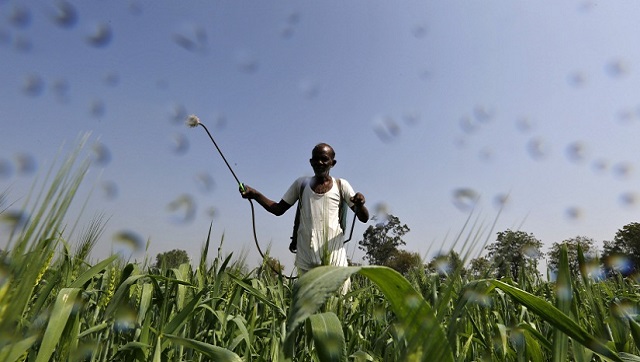With the farmers’ agitation entering the third week and an no breakthrough in sight, there has been greater scrutiny on the three farm laws passed by the Bharatiya Janata Party (BJP)-led National Democratic Alliance (NDA) government. Even as the government has expressed its willingness to amend these laws to make them more palatable, the farmers are demanding nothing short of a total repeal. The farmers are negotiating from a position of advantage as they have partially laid siege to Delhi and, with the government seen to be unwilling to consider a rollback, things might reach a flashpoint soon. It becomes all the more incumbent then to analyse these laws dispassionately. The three laws — Farmers’ Produce Trade and Commerce (Promotion and Facilitation) Act, the Farmers (Empowerment and Protection) Agreement on Price Assurance and Farm Services Act, and the Essential Commodities (Amendment) Act — have been reforms that have been long overdue, ever since the 1991 liberalisation era. Reforming the Agricultural Produce Market Committees (APMCs) has had bipartisan support over the years, even making it to the election manifesto of the Congress in 2019. The issue of contract farming is also a corollary of the APMC reforms, giving a formal structure to something that is already in practice. The amendment to the Essential Commodities Act has sound logic on the need to preserve perishable commodities and to prevent price volatility during the off-season. Increased private participation is an imperative in the agriculture sector as the government cannot be expected to build cold chains and procure all the crops under the Minimum Support Price (MSP) regime — it is simply not sustainable. The government only needs to be an arbiter and ensure that the rules are fair to everyone involved, and that the farmer isn’t exploited in the process. Even as the farmers are rightfully worried about the future of the MSP regime in the wake of these reforms, the government has been repeatedly reassuring that there is no immediate plan to scrap it. The current MSP regime harks back to the days of food scarcity and a ship-to-mouth existence when India was heavily dependent on imports. The Green Revolution that was ushered in the 1970s on the back of high-yield seed varieties and an increase in irrigation had, over the decades, enabled India to become self-sufficient. However, not only has productivity plateaued over a period of time, there is a glut of rice and wheat in the market and the government is expected to procure all of it. Since 2006, India’s buffer stock has been spiralling. The current stock with the Food Corporation of India (FCI) is nearly three times the norm despite additional outlays in the wake of COVID-19. These procurements of paddy and wheat don’t come cheap and the value of the current stock runs into two lakh-crore — not a small figure for an economy of India’s size. The Congress-led United Progressive Alliance (UPA) government brought in the Food Security Act (FSA) in 2013 probably as a two-in-one solution, so as to meaningfully utilise the burgeoning food stocks. What the UPA did not do then was to universalise the FSA or else it could have taken care of the glut for a few more years. However, that still doesn’t solve the problem of sustainability. If the UPA resorted to the FSA, it is really the NDA government’s call on what policy instrument to use to support farmers in future. Income support in the form of Direct Benefit Transfer (DBT) is a more efficient form of intervention and the MSP would become a thing of the past if the government were to adopt a DBT regime. While many activists would be up in arms against any move to scrap the MSP, even they acknowledge that the current system is massively lopsided, and favours just a small percentage (6 percent) of the total farmers — the upper crust, mostly from Punjab and Haryana. Along with these reforms, what the government has to simultaneously do is handhold the farmers to diversify and grow crops other than wheat and paddy. At the heart of these reforms is sustainability. World over, sustainable development has been buzzword in the last decade, and even less developed and poorer countries accept their role in sustaining natural resources. The depletion of the water table in Punjab calls for immediate attention. Soil health is also a concern in the state with high pesticide and urea content found in the land due to overuse, a problem shared by its neighbour Haryana. In Punjab, developing a new paradigm for agriculture is the need of the hour with farmers being incentivised to switch to other crops. Haryana has already taken the lead on this, with the state government offering Rs 7,000 per acre for farmers switching from paddy. These state governments also need to promote horticulture massively along with soil conservation and drip irrigation techniques. As for the Centre, it needs to convey the importance of these reforms, convince the farmers of the short- and long-term benefits of these new laws, and ensure that reforms in the agriculture sector are here to stay.
This article was originally published in Moneycontrol


)

)
)
)
)
)
)
)
)



